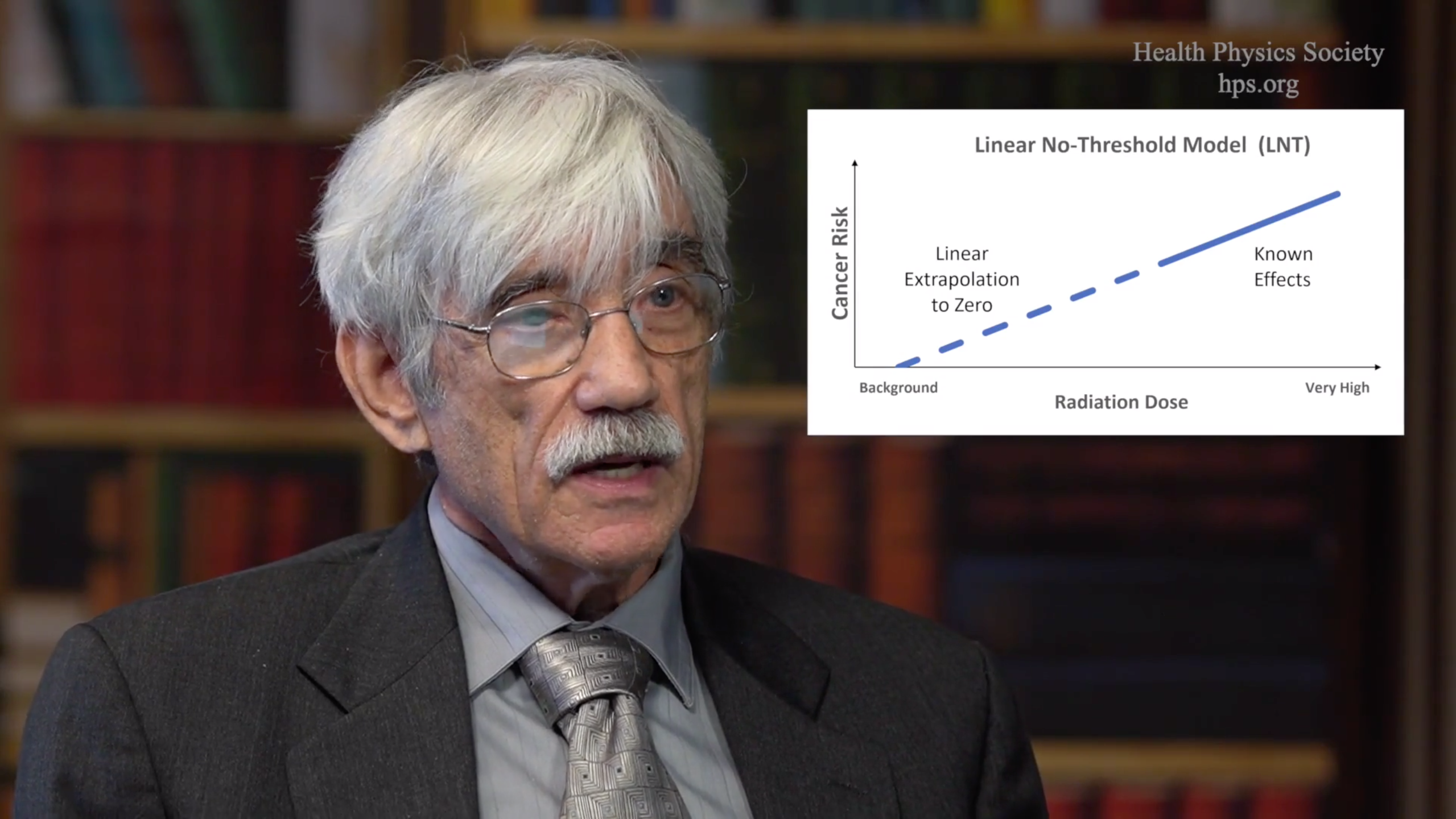Category: Curated Content
Category: Curated Content
Despite the expansion of the field of cancer genomics, Thomas Seyfried maintains that the metabolic view offers a better explanation for the cause, and better solutions for the treatment of cancers.
Big Soda has a history of cleverly concealing their influence in the health and fitness space by funneling sponsorship through proxy organizations.
By sponsoring dietitians on social media and funding their own studies, General Mills and other cereal brands are shifting the narrative away from the detrimental physical effects of a high-carbohydrate diet, and highlighting the psychological issues effecting people with sugar addiction.
Greg Glassman kicked off the 2024 BSI Epistemology Camp with this presentation. Greg’s talk centers around the ‘breaking point’ from modern science to post modern science.
The state's math framework is strongly influenced by the academic work of Jo Boaler, now accused of significantly distorting citations in research underpinning the framework.
William Briggs rebuts at a recent publication that claimed intermittent fasting increases risk of cardiovascular death.
As everyone knows, a placebo is an inactive ‘sugar’ pill. Except when it isn’t. Which is almost always.
From corruption in governing bodies to deliberate misrepresentations by researchers, this series takes the first steps to correct the scientific record in the field of cancer risk.
Dr. Drew and Emily call attention to the flaws in the current state of modern science. Emily and Drew discuss the Dana-Farber scandal, the cost/benefit of going to college, the do-or-die culture in science, and the lack of curiosity among journalists.
By Emily Kaplan








